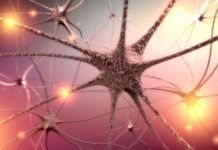Addiction is an extremely serious condition that affects both individual’s psyche and behavior. Addiction affects various parts of our brain, most notably those involved in motivation, memory, emotion, reward, and other cognitive processes. As well as negative life circumstances. Taking, using, or developing dependency on alcohol, especially heavy, hard alcohol.
There are many different ways to treat substance abuse and addictions. Rehabilitation involves a series of steps and interventions to help patients regain control of their lives. Once the patient has become abstinent, there are extensive counseling and support groups to help patients regain a sense of self worth and the ability to make independent decisions. Patients may be encouraged to take up hobbies or volunteer with schools or other community organizations. Often, the patient will have to live with a group of people who are also abusing drugs or alcohol to help them overcome their addiction and build a healthy social network.
Narcotics and alcoholics may need to undergo inpatient care, in which case medical professionals provide constant supervision. Many drug rehab centers include extended residential treatment in their programs, but sometimes addicts are given short-term treatment outside the facility. In these cases, addicts are placed in homes where they can be supervised at all times. While in rehab, patients are taught to develop healthier relationships with family, friends, and co-workers. They are also taught about the damage drugs and alcohol have on society. Patients can return home after their stay in rehab, or they may need to stay at the rehab for several weeks or months before being released. The goal of a drug rehab is to give patients the tools they need to lead a successful life.











